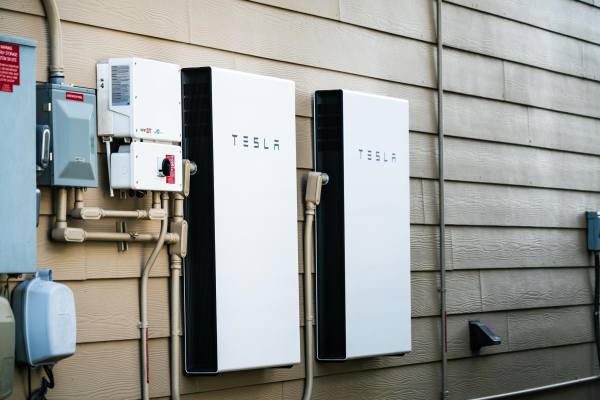
The residential solar industry has been a victim of its own success.
People across the country have raced to install solar panels to take advantage of generous net metering rates, where utilities pay people a premium for their power. Meanwhile, big power producers have found themselves forced to shut off at what used to be peak (and profitable) times.
In California, the problem was particularly pronounced. When solar started hitting the mainstream, the state’s grid operator began noticing that as more people connected solar panels, the load on the grid would dip midday. Over the past 15 years, the dip has deepened. Since grids work best when the load on them is smooth, regulators began to mull how to pull it back up.
So, a little over a year ago, the California Public Utilities Commission changed how much utilities had to pay for power from new installations for single-family homeowners. Last month, it did the same for multifamily and commercial buildings. For existing solar arrays, the new rates would be phased in over 20 years. There was a silver lining, though: an incentive for home or building owners to install batteries alongside solar panels. That way they could make use of their panels’ production at night, too.
For new solar installations, adding a battery isn’t trivial, but it isn’t complicated, either. But for people who already have solar panels, adding a battery is more challenging because of the economics. Solar companies install the bulk of residential and small commercial batteries, but a battery installation without solar isn’t big enough for them to be interested.
Which is how Haven Energy got started: Two of the company’s founders, both Casper alumni, had tried for years to get batteries for their homes installed. When they couldn’t, they set out to fix the problem via entrepreneurship.
In a bit of auspicious timing, Haven Energy launched in April 2023 just as California’s new rules for single-family homes were taking effect. The startup hit the ground running with a $4.2 million seed round to build a B2B2C platform connecting homeowners with contractors to a battery to their existing solar setup.
Now, nine months later, the company is back with more news: a $7 million Series A and a new emphasis on building a platform for installers, TechCrunch+ has exclusively learned. Lerer Hippeau, Giant Ventures, and Raven One Ventures returned, and they were joined by Comcast Ventures, LifeX, TO VC, and Habitat Partners.
techcrunch.com




